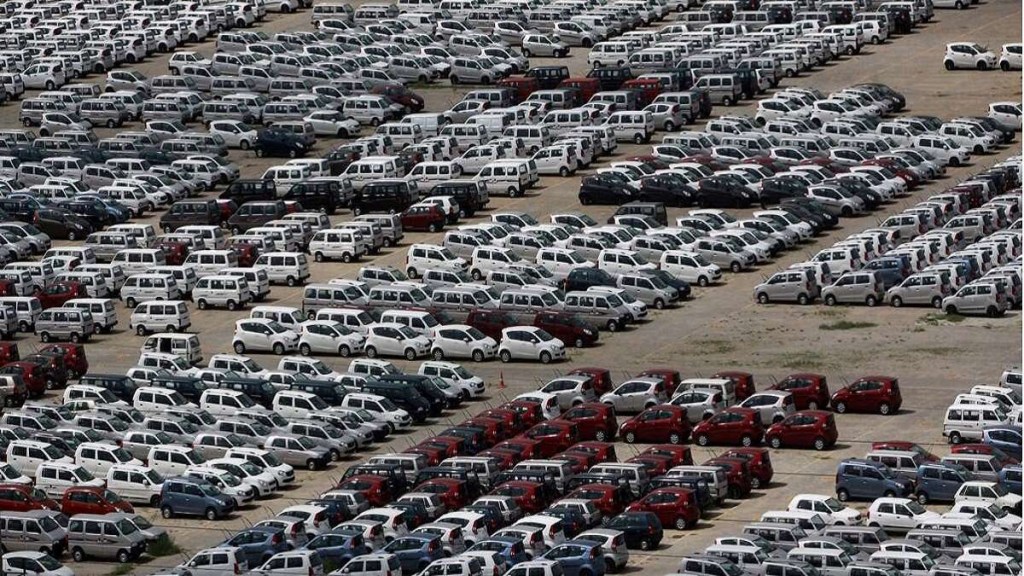Retail sales of all vehicles increased 14% to 1.82 million units in January led by the growth in two-wheeler and passenger vehicle volumes as new model launches, uptick in demand from the rural pockets and normalisation of supply chain fuelled the improvement.
Two-wheeler segment was back in the black after reporting a poor December volume, recording a growth of 10% to 1.26 million units compared to the year-ago period, as per data by the Federation of Automobile Dealers Association (FADA).
Passenger vehicles (PVs), comprising cars, sports utility vehicles and vans, grew 22% year-on-year to 340,000 units in December while commercial vehicles, comprising trucks and buses, grew 16% to 82,428 units during the reporting month.
The above data reflect vehicle registrations gathered from 1,341 out of 1,428 regional transport offices. Telangana and Lakshadweep are not part of the data.
Manish Raj Singhania, president, FADA, said, “The number of outstanding bookings for PVs has come down to around 550,000-600,000 from around 800,000 a couple of months ago. But this does not mean the demand has come down.”
PV players, who were struggling to increase production in the earlier months, have seen the easing of the supply chain in December, leading to an increased output in January.
“The (multiple) repo rate hikes have not had any impact on car demand. In the rural areas, favourable agriculture output and better MSP for crops have led to a steady increase in the overall demand,” Singhania added.
Demand for entry-level two-wheelers and PVs is likely to improve due to an enhanced income tax rebate, Budget allocation for vehicle scrappage policy and import duty exemption for manufacturing lithium-ion batteries thus reducing EV acquisition cost. A reduction in surcharge at the highest income tax slab will also benefit high-end vehicle sales, FADA added.
All vehicles will become costlier over the next several weeks as auto companies will start switching to BS-VI emission norms phase 2. Although the exact quantum of increase will be known at the time of the introduction of these models in the market, industry experts say that the increase will be ‘small’ for petrol when compared to diesel, where the increase is expected to be significant.
The rate of new vehicle bookings is expected to go higher in the coming weeks as buyers are expected to prepone their purchase to beat the price hike.



















